Depreciation often hits luxury car owners harder than expected, and one significant factor contributing to this rapid loss in value is reliability issues. Understanding how reliability concerns impact the depreciation rates of luxury vehicles is crucial, as it influences consumer decisions and market trends.
Understanding Depreciation in Luxury Cars
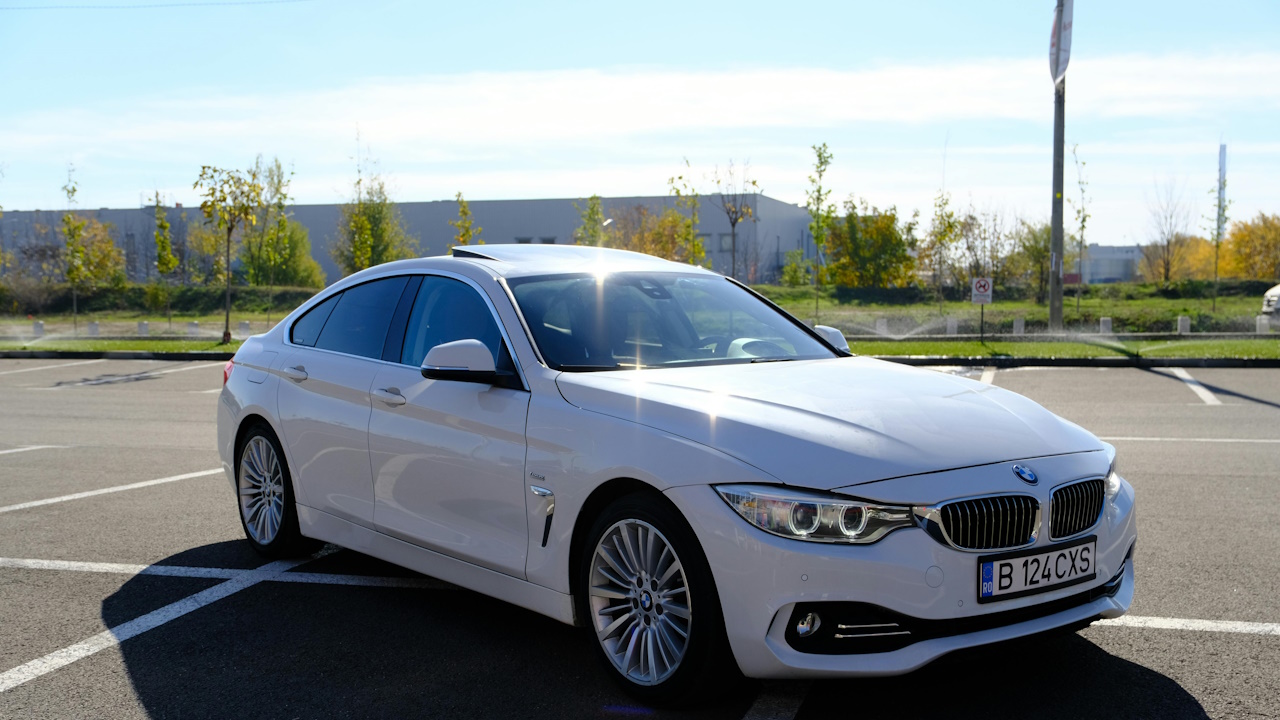
Depreciation refers to the decline in a vehicle’s value over time, influenced by factors such as brand reputation, model year, and initial purchase price. For luxury cars, the depreciation process can be particularly pronounced given their high initial cost, the rapid pace of technological advancement in the industry, and consumer expectations for premium performance.
Luxury cars, unlike their non-luxury counterparts, often face steeper depreciation rates. According to industry reports, a luxury vehicle can lose up to 50% of its value within the first three years. For example, a 2019 BMW 7 Series can depreciate significantly more than a 2019 Toyota Camry. The stakes are higher for luxury car owners because these vehicles are not just modes of transport but symbols of status and wealth. Therefore, when a luxury vehicle’s value plummets, it impacts both the owner’s financial investment and their perceived status.
The Role of Reliability in Depreciation
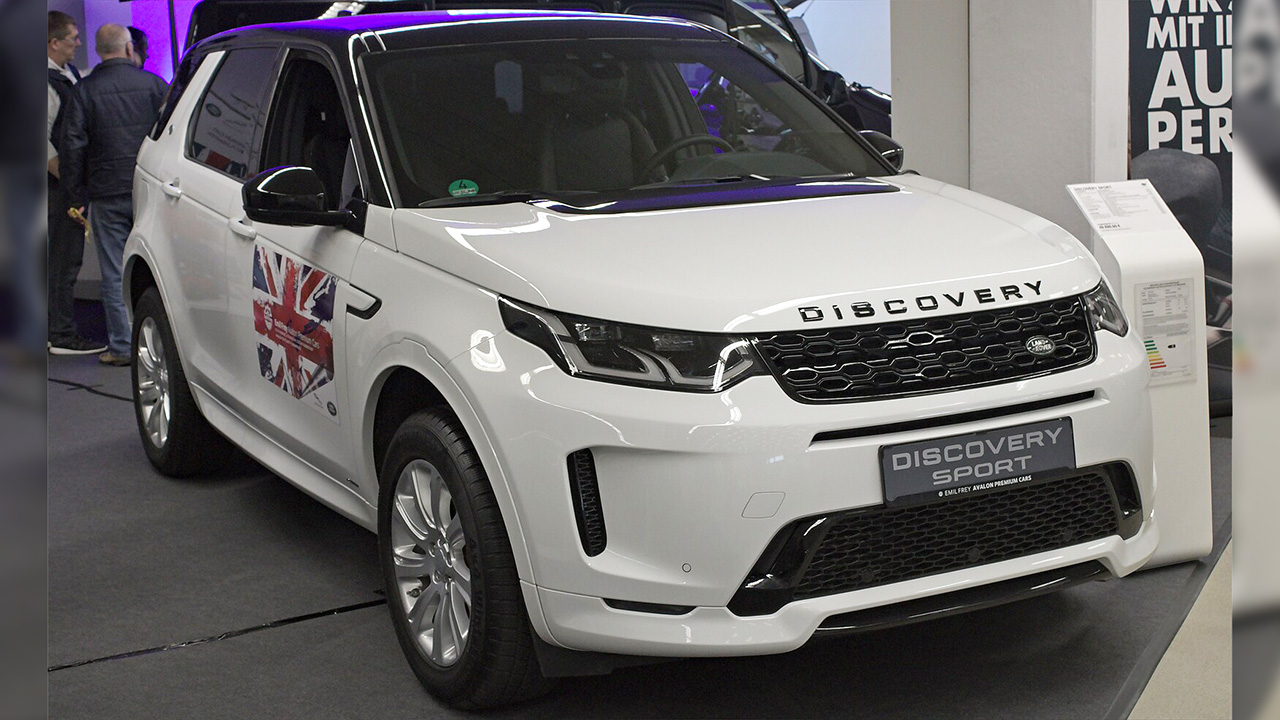
Reliability ratings play a pivotal role in determining the resale value of luxury cars. Trusted sources like J.D. Power and Consumer Reports provide insights into how frequently vehicles require repairs, which can significantly impact depreciation rates. A luxury car with poor reliability, such as the 2018 Jaguar XJ, is likely to suffer more in terms of value retention compared to a model with a solid reputation for dependability.
Several luxury brands have faced significant depreciation due to reliability issues. Take the 2020 Land Rover Discovery, for example. Known for its off-road capabilities, the Discovery has been criticized for its inconsistent reliability, leading to faster depreciation. In contrast, brands like Lexus, known for their reliability, tend to retain their value better. The 2021 Lexus GX, for instance, showcases how a reliable luxury car can mitigate depreciation even in a competitive market.
Consumer Perception and Market Dynamics
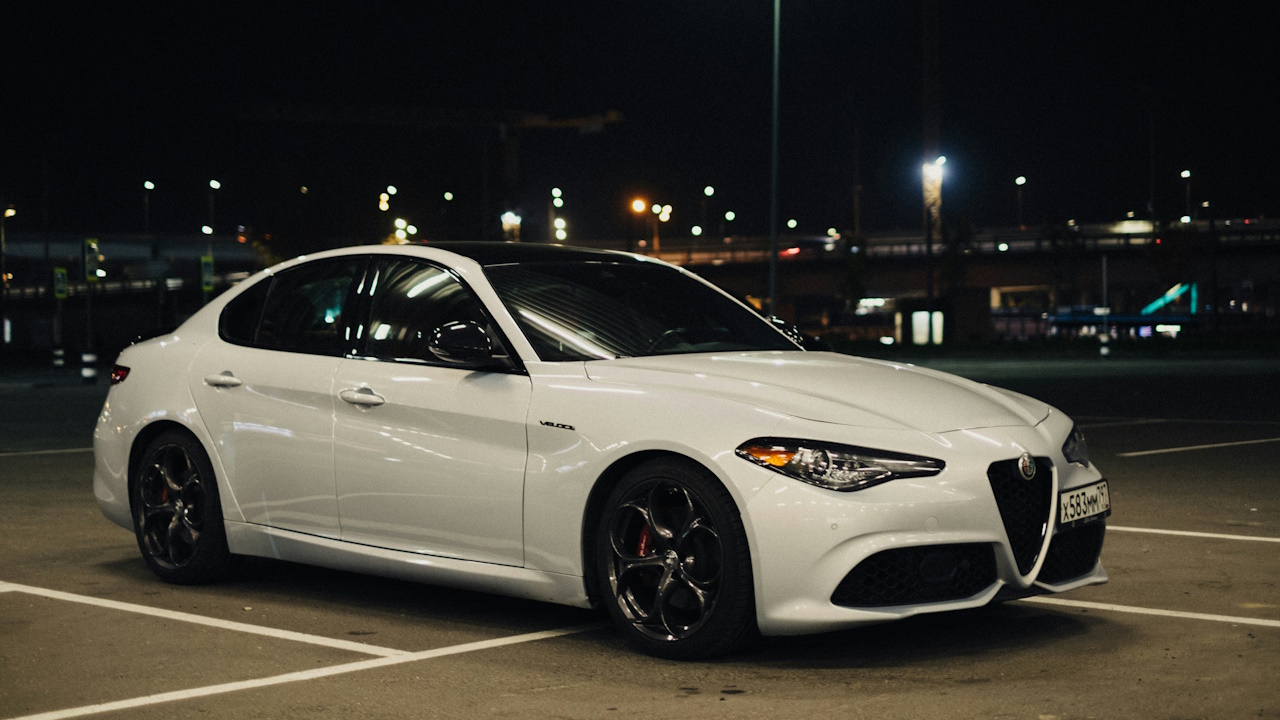
Consumer perceptions of reliability can heavily influence buying behavior in the luxury car market. Potential buyers often scrutinize reliability ratings and depreciation trends before making a purchase. The fear of rapid depreciation, fueled by reliability concerns, can deter consumers from investing in certain brands or models. For instance, the 2022 Alfa Romeo Giulia, despite its stylish design and performance, might be passed over by buyers wary of its potential reliability issues.
Market trends also reflect the impact of reliability on resale value. Luxury vehicles with a reputation for reliability, like the 2023 Audi A6, tend to command higher resale prices. This dynamic not only shapes consumer buying patterns but also influences how manufacturers approach vehicle design and marketing strategies. As reliability becomes a more critical factor in consumer decisions, manufacturers are increasingly focusing on improving this aspect to enhance their brand’s market appeal.
Strategies to Mitigate Depreciation
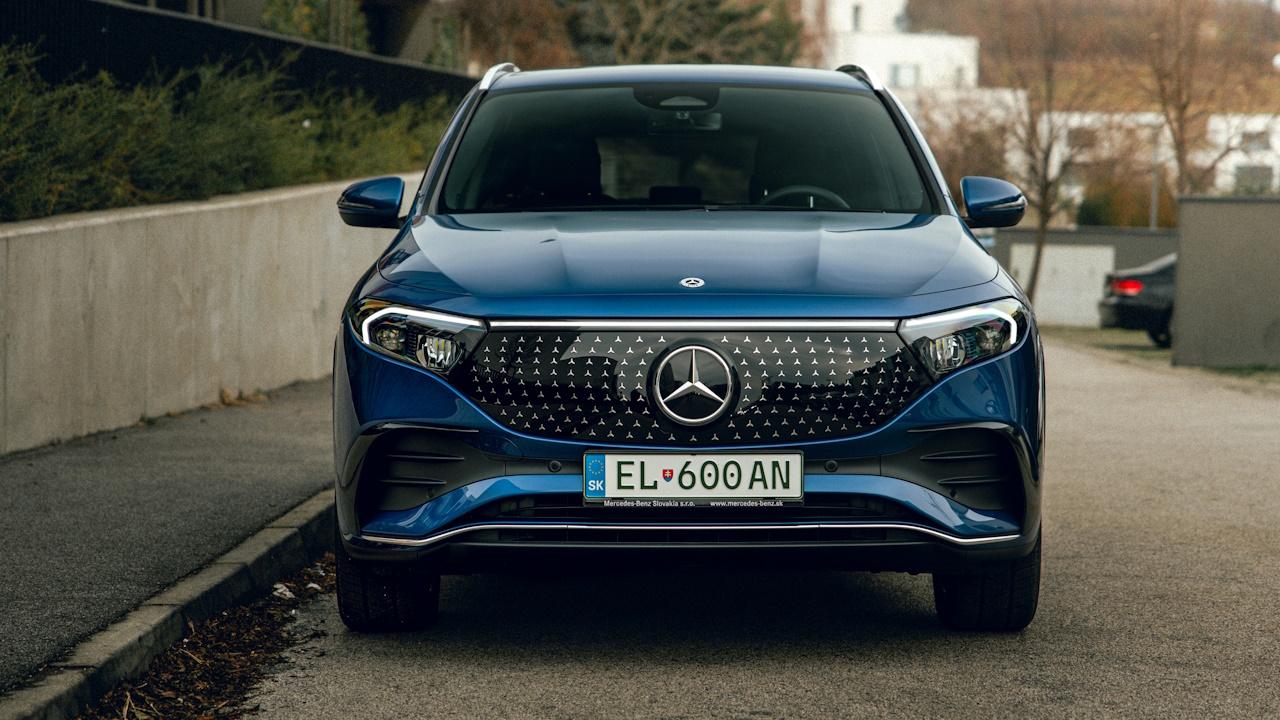
To combat depreciation, regular maintenance and care are vital. By adhering to scheduled service intervals, luxury car owners can ensure that their vehicles remain in peak condition, preserving their resale value. For example, a well-maintained 2024 Mercedes-Benz S-Class is likely to retain more value than a neglected counterpart.
Extended warranties and certified pre-owned programs also play a crucial role in maintaining resale value. These programs offer buyers additional peace of mind, knowing that potential reliability issues may be covered. Luxury brands like Porsche offer comprehensive certified pre-owned programs for models like the 2025 Porsche Cayenne, which can enhance buyer confidence and, consequently, the vehicle’s resale value.
Future Outlook for Luxury Cars and Depreciation
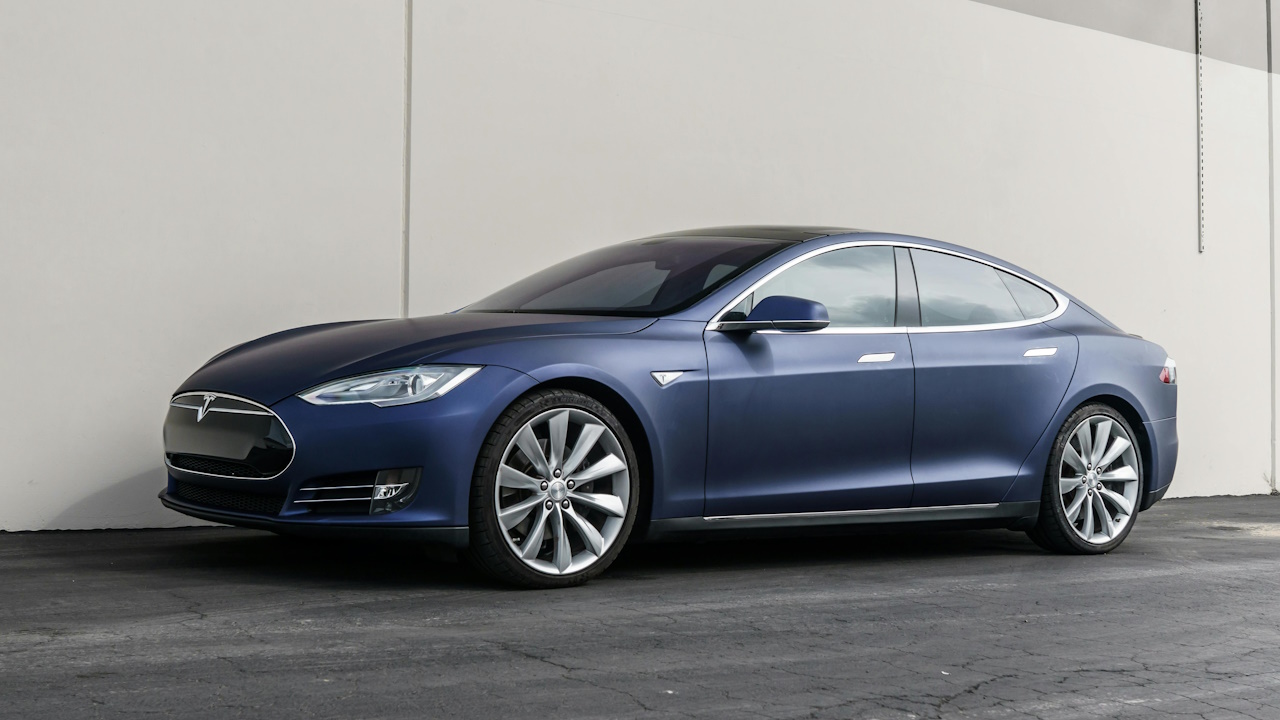
Technological advancements, particularly in electric and autonomous vehicles, are poised to reshape the depreciation landscape for luxury cars. As manufacturers like Tesla continue to innovate with models such as the 2026 Tesla Model S, the focus shifts to software reliability and technological features, which can impact depreciation in new ways. As these technologies become more prevalent, traditional factors influencing depreciation might evolve.
Sustainability is another factor that could influence future depreciation trends. As consumer preferences shift towards environmentally friendly options, luxury manufacturers are adapting by incorporating more sustainable practices and materials. The 2023 BMW iX, for instance, represents a move toward electric luxury vehicles that align with consumer demand for sustainability. This shift might result in more stable depreciation rates for vehicles that meet these new consumer expectations.
Like Fast Lane Only’s content? Be sure to follow us.
Here’s more from us:
*Created with AI assistance and editor review.

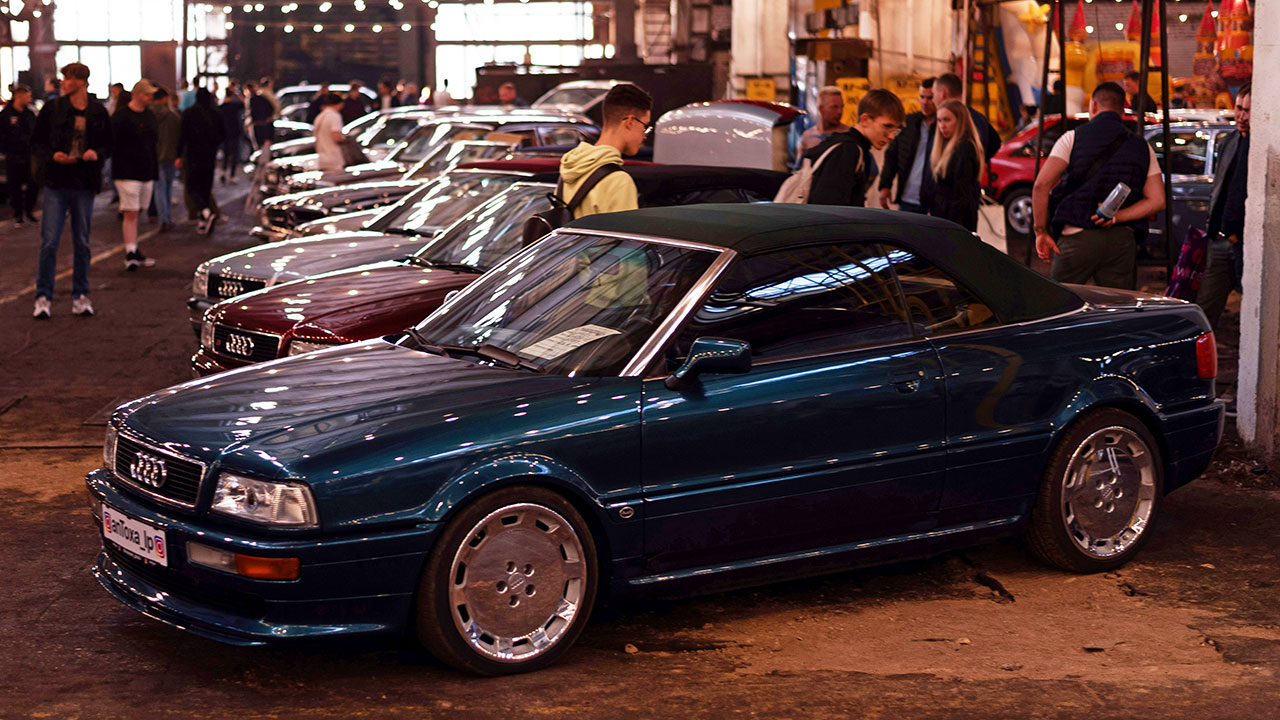
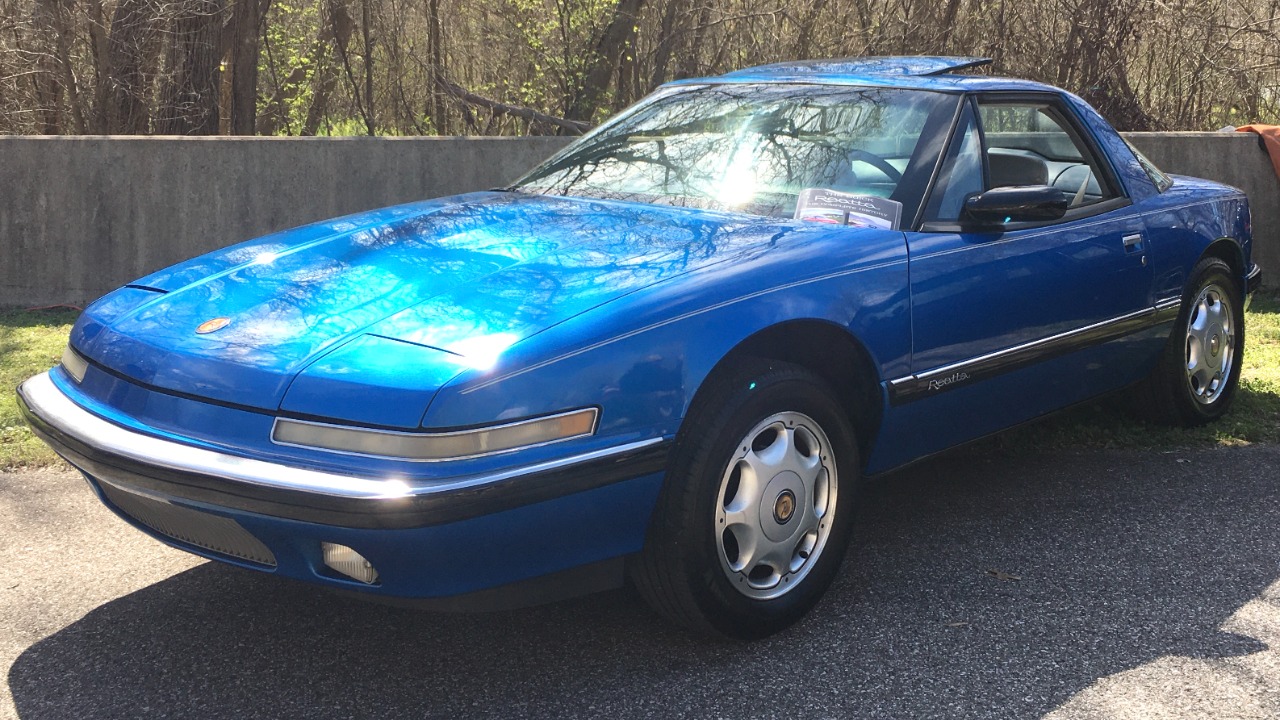
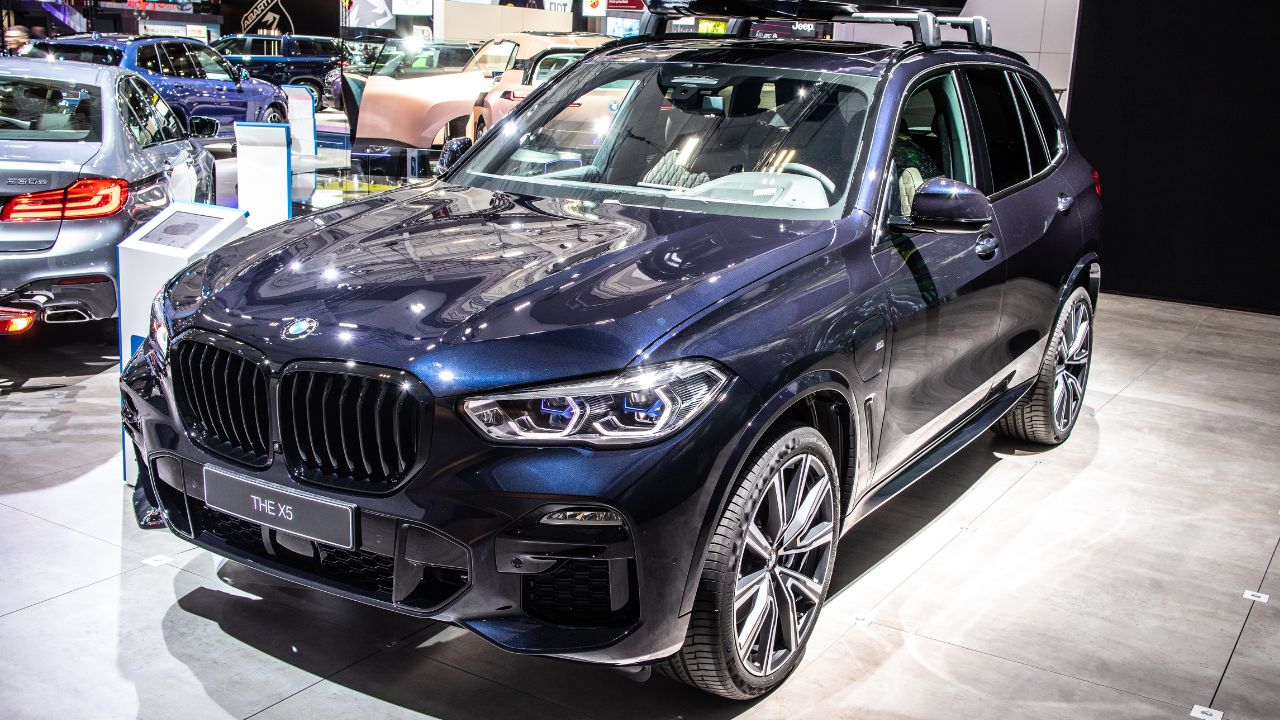


Leave a Reply